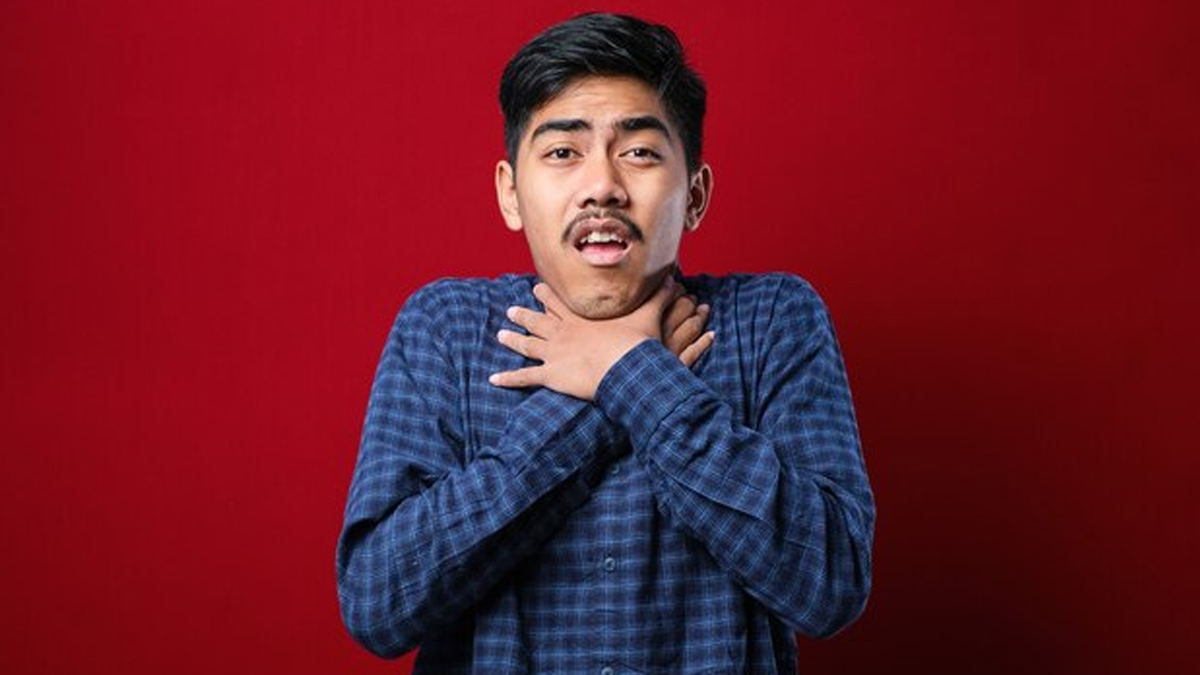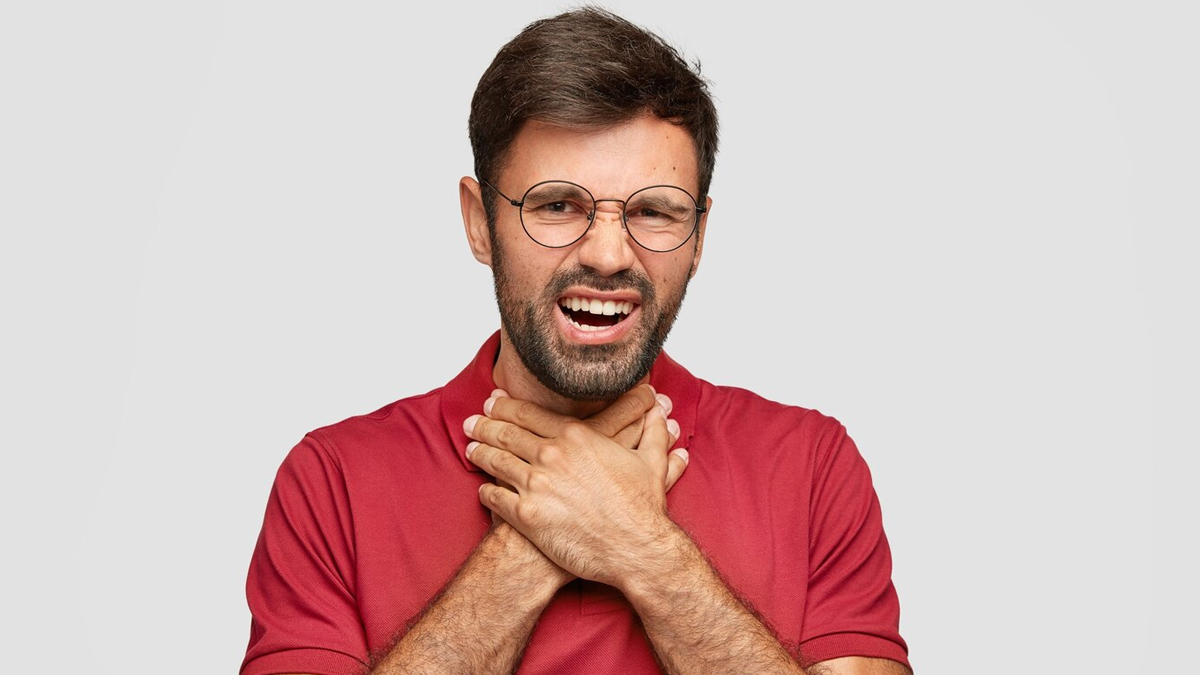
Choking can be minor or severe, sometimes even life-threatening. Both adults and children are at risk when something they put in their mouth goes down the wrong way. While we're all aware of how we can choke on food and objects, what if we told you about a bizarre scenario where some people claim that they have choked on their own saliva? To find answers, we spoke to Dr Joydeep Ghosh, Consultant—Internal Medicine, Fortis Hospital, Anandapur.
Table of Content:-
Can People Choke On Their Own Saliva?

Choking on saliva may seem unusual, but it can happen, and in some cases, it may indicate an underlying health condition, according to Dr Ghosh. In general, the windpipe sits next to the oesophagus, where food travels. A small flap called the epiglottis usually prevents food, saliva, and water from entering the airway. However, in certain cases, it may fail, leading to choking or aspiration.
Also Read: The Heimlich Maneuver Technique For Choking: Steps To Perform It Correctly
Some of the common causes include:
- Neurological disorders: Conditions like stroke and Parkinson’s disease can impair swallowing ability.
- Tumours: A tumour obstructing the throat or airway can hinder the passage of saliva and food.
- Reflux disorders: Acid reflux can lead to irritation and difficulty swallowing, increasing the risk of choking.
Dr Ghosh suggested that frequent choking on saliva could be a sign of a medical condition called dysphagia, or difficulty swallowing. As per the Medical News Today, dysphagia is the main reason that most people choke on saliva.
How Can You Prevent Saliva From Going Down The Wrong Way?

If someone is prone to choking, they can take the following precautions:
- Chew and swallow carefully: Eating slowly and ensuring food is fully chewed before swallowing can reduce the risk.
- Avoid talking while eating: Speaking while chewing can disrupt the swallowing process.
- Maintain proper posture: Sitting upright while eating can help direct food and saliva down the correct passage.
- Manage reflux disorders: Individuals with acid reflux should avoid lying down immediately after meals and wait at least two hours before sleeping.
Also Read: Is Delhi's Smog Choking Your Throat? Try These Natural Remedies for Instant Relief
“If choking on saliva occurs frequently, it is important to consult a doctor. Persistent choking may indicate an underlying medical condition that requires evaluation and treatment,” advised Dr Ghosh.
Conclusion
While occasional choking on saliva is not usually a cause for concern, frequent episodes should not be ignored. Identifying the underlying cause and taking preventive measures can help reduce risks and improve overall health and well-being. If the problem persists, seeking medical advice is important for proper diagnosis and management.
Also watch this video
How we keep this article up to date:
We work with experts and keep a close eye on the latest in health and wellness. Whenever there is a new research or helpful information, we update our articles with accurate and useful advice.
Current Version